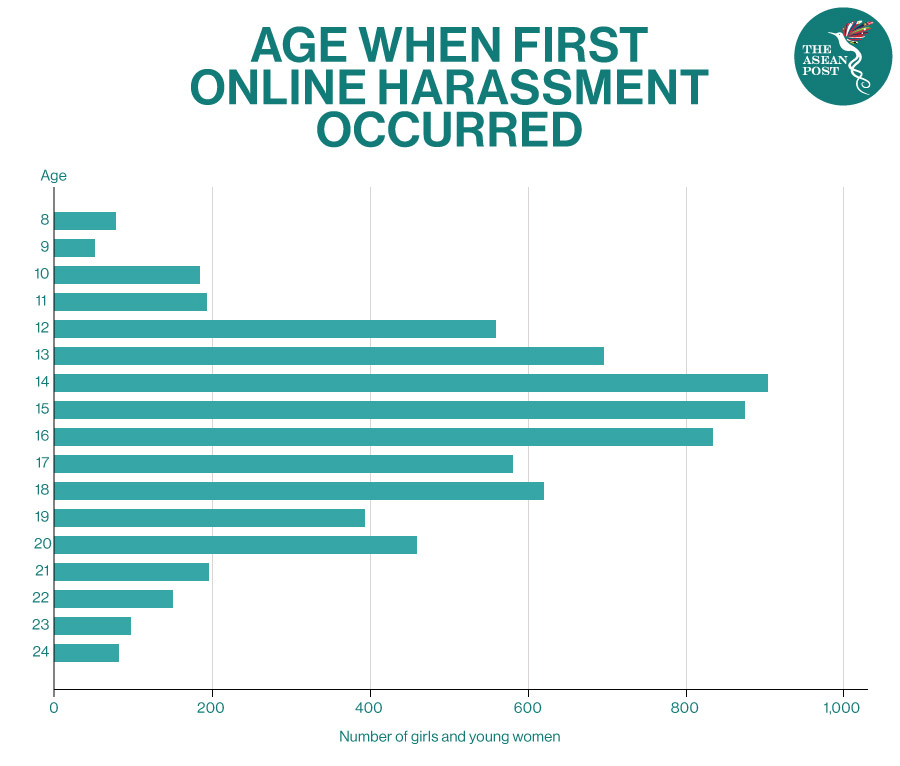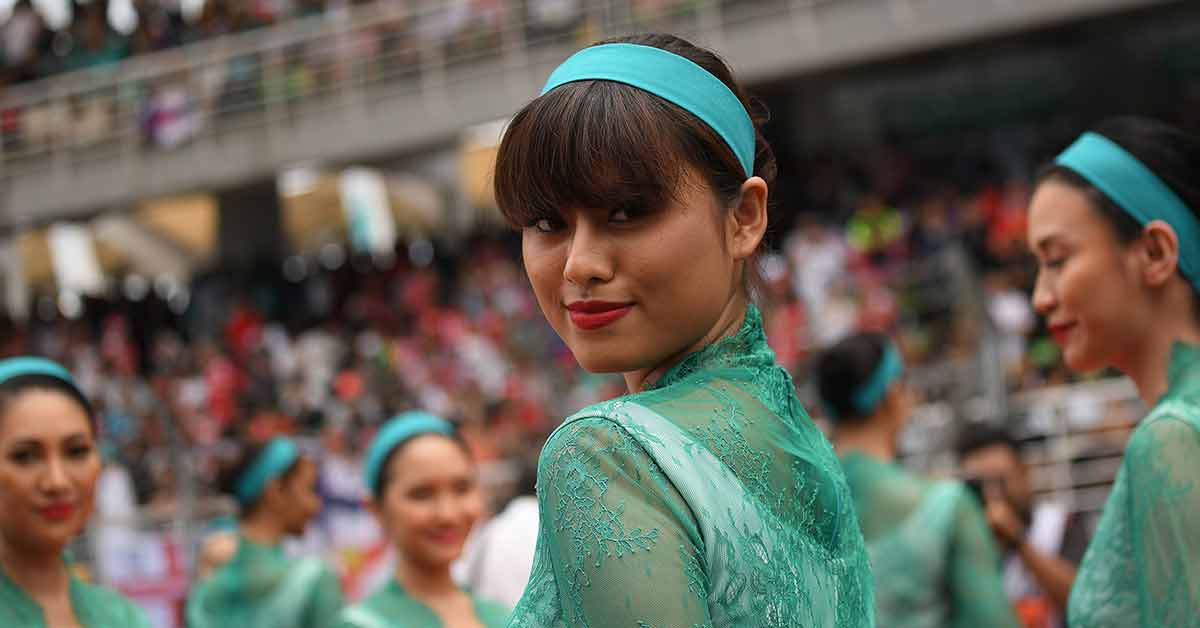Social media has become an essential communication tool for most people. Even governments, institutions and the private sector have started using social media platforms such as Instagram and Twitter to disseminate information and to connect to a wider audience.
The current coronavirus pandemic has certainly accelerated digital adoption with millions using social media to receive vital news about the outbreak, communicate with friends and family as they go on isolation, and for work purposes.
Nevertheless, there is a shadier side to social media.
Online abuse, harassment and cyberbullying are shaping social media in a bad way. This harassment includes sexual, pornographic pictures (sextortion), death threats and impersonation, among many others. Almost everyone online is at risk of social media harassment, including children, adults and persons with disabilities.
However, this article will focus mainly on girls and young women. For many of them, online harassment is just as frightening, physically and emotionally, as street harassment.
Plan International, an independent development and humanitarian organisation has released a report titled, “The State of the World’s Girls 2020” which highlights girls’ and young women’s experiences of online harassment.
The research was gathered from conversations with more than 14,000 girls across 31 countries in multiple continents. It was found that activists, including girls, young women and LGBTQ+ young people campaigning for gender equality – are often targeted particularly viciously, and their lives and families threatened.
Other findings show that more than half the girls surveyed have been harassed and abused online, and one in four of them feels physically unsafe as a result of the harassment.
About 39 percent of surveyed girls said that they are commonly attacked on Facebook. However, online harassment occurs on every platform including Instagram (23 percent), WhatsApp (14 percent), Snapchat (10 percent), Twitter (nine percent), and TikTok (six percent).

It was reported that the most common type of attack is abusive and insulting language, reported by 59 percent of girls who have been harassed. This is followed by purposeful embarrassment (41 percent), body shaming and threats of sexual violence.
Whereas more than a third of girls who are from an ethnic minority and have suffered abuse said that they are targeted because of their race or ethnicity. More than half of those who identify as LGBTQ+ said they are harassed because of their sexual orientation or gender identity.
“These attacks may not be physical, but they are often threatening, relentless, and limit girls’ freedom of expression. Driving girls out of online spaces is hugely disempowering in an increasingly digital world, and damages their ability to be seen, heard and become leaders,” explained Anne-Birgitte Albrectsen, CEO of Plan International.
“Disappointingly, they are being left to deal with online violence on their own, with profound consequences for their confidence and wellbeing. With COVID-19 driving more of our lives online and with internet access around the world improving, it is time for digital platforms to step up and protect their users,” she added.
Without My Consent
According to Plan International, unauthorised sharing of content or demonstrating knowledge of girls’ personal information was an issue for 41 percent of the girls and young women interviewed.
Likewise, this problem has recently become a heated topic on social media in Malaysia. A number of people online have brought attention to a Telegram group called ‘V2K’ that is spreading women’s photos without their consent. It was reported that the group has close to 40,000 male members from various backgrounds including students, businessmen and even married men.
According to local media in the country, besides sharing pornographic content, the members also would screenshot women’s photos from their social media accounts and expose personal information. In addition, group members could also allegedly purchase a membership to gain access to more pornographic content including videos of underaged children.
Non-profit organisation in the ASEAN member state, All Women’s Action Society (AWAM) and a number of concerned Malaysians have urged local authorities to take urgent and resolute action against the many similar groups on different platforms, like V2K – that have been sharing women’s and girls’ photos and information without their consent.
“The V2K group alone has broken laws on criminal intimidation, sexual harassment, data privacy, the sharing of lewd content and potentially, laws on sexual abuse of children,” said AWAM in a statement.
Unfortunately, this is just one of many cases that has been reported. International Plan also quoted a 19-year-old woman from Indonesia who expressed her concern about online harassment: “Sometimes I find out that some people just share my photos or use my photos there for their profile, without my consent, and that happened often...”
The effects of online harassment are as varied and as complex as the types of harassment girls are subjected to on a daily basis. Unfortunately, there have been a few cases where victims have taken their own lives as a result of the unbearable abuse.
Related Articles:
